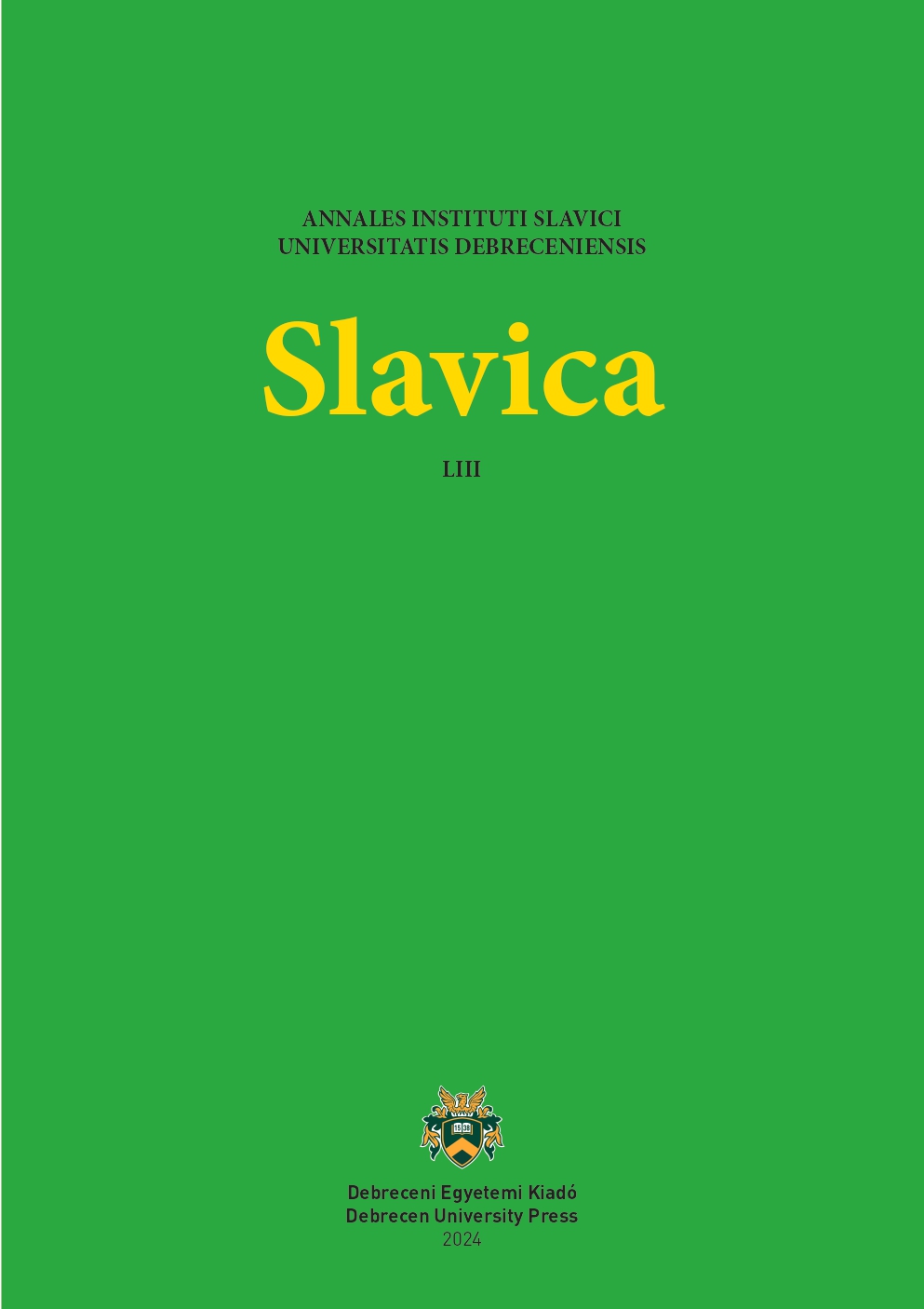The relationship between Excellent People by Chekhov and the ideological position and artistic attitude in the late short stories of Leo Tolstoy
Author
View
Keywords
License
Copyright (c) 2024 Slavica

This work is licensed under a Creative Commons Attribution-NonCommercial 4.0 International License.
This is an open access article distributed under the terms of the Creative Commons Attribution License (CC BY-NC 4.0), which permits unrestricted use, distribution, and reproduction in any medium, provided the original author and source are credited.
How To Cite
Abstract
In Chekhov and His Prose (first published in 1965), the author, Thomas G. Winner contends that the subject matters of a few of Chekhov’s short stories written in the 1880s (such as «Хорошие люди» [Excellent People]) were created in the spirit of Leo Tolstoy, yet the one called «Несчастье» [Misfortune], written also in 1886, already marked the beginning of a series of texts that can be interpreted directly as “a light parody” of Anna Karenina (1873–1877) as well. The basic question posed here concerns whether there is really a significant difference that can be observed between the above two works and whether they reveal this sharp difference in the reception of Tolstoyan ideas that Winner's monograph suggests. The paper seeks to answer this query on the basis of the interpretation of Excellent People and the textual representation of the issue of goodness. In this analysis, particular attention is given to the way in which Tolstoy's ideas are represented and to the author's poetic choices that bring the text close to Tolstoy's late short stories.

 https://doi.org/10.31034/053.2024.05
https://doi.org/10.31034/053.2024.05